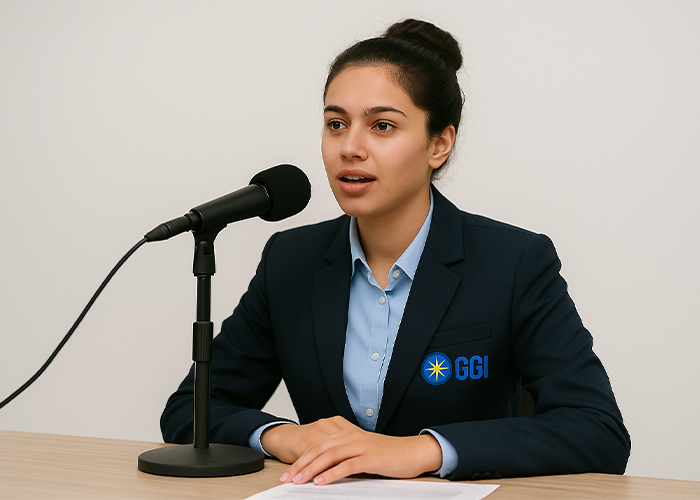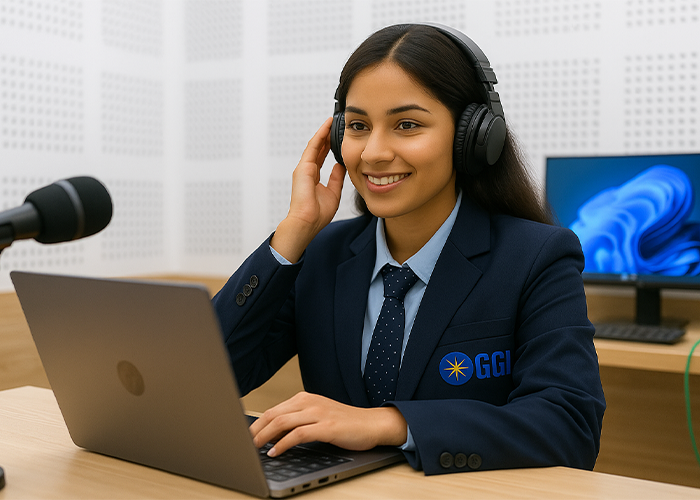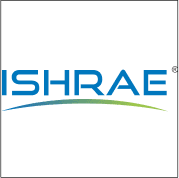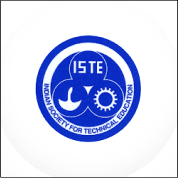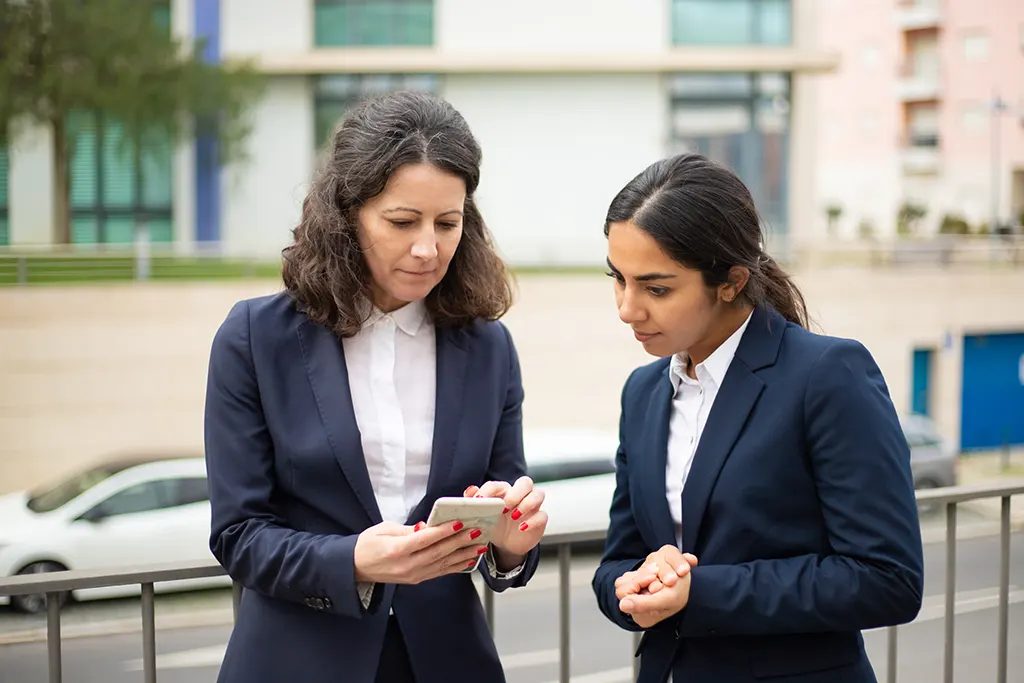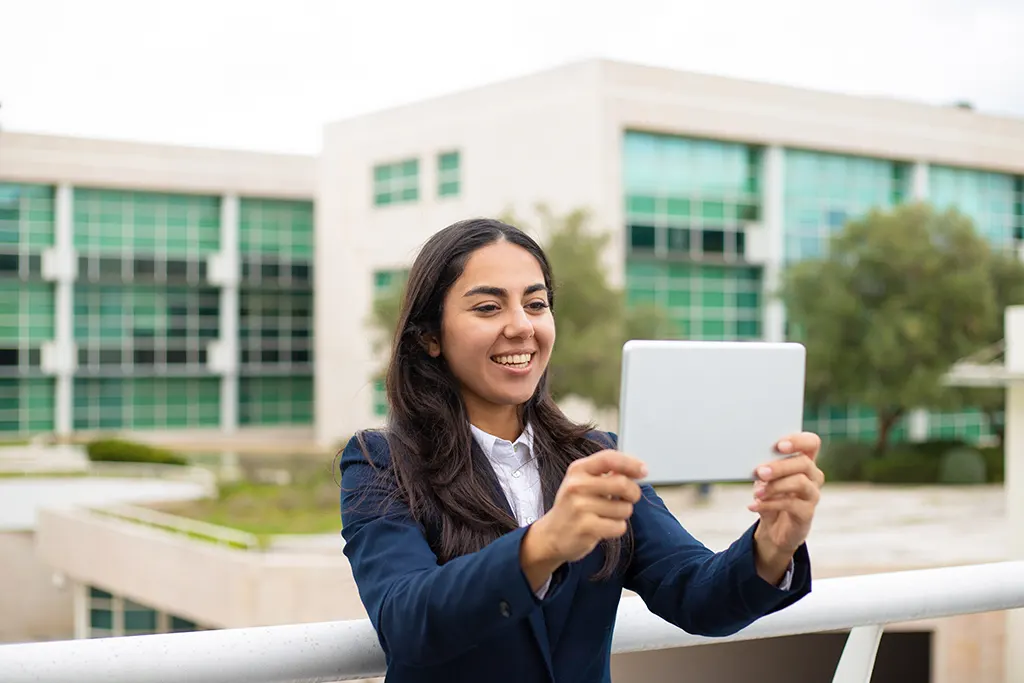Course Structure
Introduction to Journalism introduces fundamental principles, history, ethics, and practices of journalism. It provides a solid foundation for academic and professional pursuits in journalism and mass communication.
Indian Political & Social System offers an in-depth exploration of India’s political structure, governance mechanisms, and societal dynamics, providing insight into the nation’s democratic processes and socio-cultural fabric.
Communication Lab cultivates skills in verbal and non-verbal communication, fostering effective public speaking and interpersonal interaction vital for personal and professional advancement in various spheres.
English, a vital subject in Journalism and Mass Communication, enhances language skills crucial for effective communication in media contexts, fostering clarity and professionalism in writing, reporting, and broadcasting.
English Practical/Laboratory sessions focus on enhancing language proficiency through practical exercises, fostering effective communication skills necessary for academic, professional, and personal growth.
“Human Values, Deaddiction, and Traffic Rules” delves into ethical principles, addiction prevention strategies, and road safety regulations, promoting responsible behaviour, societal well-being, and accident prevention for a safer community.
Human Values, Deaddiction, and Traffic Rules Lab/Seminar offer practical insights into ethical conduct, addiction prevention, and traffic regulations, promoting responsible behavior and societal well-being.
“Mentoring and Professional Development” facilitates personal and career growth through tailored guidance, skill enhancement, and networking, empowering individuals to excel in their chosen fields and achieve professional success.
“Reporting and Editing for Print” delves into journalistic techniques for news gathering, writing, and editing, honing skills essential for print media professionals to deliver accurate, engaging, and informative content to readers.
Media and Cultural Studies delves into the interplay of media and society, examining cultural norms, identities, and communication phenomena, providing insights into the dynamics of contemporary culture and media landscape.
Global Media and Politics delves into the intricate relationship between media and political dynamics worldwide, examining their influence on public discourse, governance, and diplomatic relations across diverse cultural landscapes.
Media Ethics and Laws explores the ethical principles and legal frameworks governing media practices, emphasising responsible journalism, freedom of expression, and adherence to regulatory guidelines in media production and dissemination.
Media Lab offers practical training in content creation, editing, and multimedia production, equipping students with skills essential for success in the dynamic field of media and communication.
Environmental Science offers a comprehensive study of ecological principles, sustainability, and human impact on the environment, fostering awareness and understanding of environmental issues and strategies for conservation and mitigation.
“Mentoring and Professional Development” facilitates personal and career growth through tailored guidance, skill enhancement, and networking, empowering individuals to excel in their chosen fields and achieve professional success.
Introduction to Broadcast Media provides an overview of radio and television broadcasting, exploring production techniques, audience analysis, and the role of broadcast media in shaping public discourse and cultural narratives.
History of Media delves into the evolution of communication technologies, from ancient civilizations to the digital age, examining key milestones, influential figures, and societal impacts shaping modern media landscapes.
Advertising explores the principles and practices of creating persuasive messages to promote products, services, or ideas, emphasising strategies for effective communication in the media landscape.
Public Relations encompasses strategic communication, reputation management, and stakeholder engagement, facilitating mutually beneficial relationships between organizations and the public through diverse media channels and communication strategies.
Interpersonal Communication Skills emphasises effective interaction, active listening, and conflict resolution for fostering positive relationships. This course enhances verbal and non-verbal communication in personal and professional contexts.
“Mentoring and Professional Development” facilitates personal and career growth through tailored guidance, skill enhancement, and networking, empowering individuals to excel in their chosen fields and achieve professional success.
Advanced New Media delves into cutting-edge digital platforms, trends, and strategies, equipping students with skills in content creation, social media management, and analytics for effective online engagement and marketing campaigns.
Development Communication focuses on effective strategies for community engagement, social change, and sustainable development through diverse media channels, emphasising the importance of interpersonal interactions in achieving developmental goals.
Communication Research and Methods delves into the methodologies and techniques employed in studying various aspects of communication, fostering critical thinking and analytical skills essential for conducting effective research in the field.
Advanced Broadcast Media explores advanced techniques and strategies in broadcast journalism, including production, storytelling, and audience engagement, preparing students for dynamic roles in the ever-evolving media landscape.
Interpersonal Communication Skills emphasises effective interaction, active listening, and conflict resolution for fostering positive relationships. This course enhances verbal and non-verbal communication in personal and professional contexts.
Mentoring and Professional Development facilitates personal and career growth through tailored guidance, skill enhancement, and networking, empowering individuals to excel in their chosen fields and achieve professional success.
Computer Application in Mass Media delves into digital tools and software essential for content creation, editing, and dissemination, exploring their integration into modern media production processes for effective communication strategies.
Global Media provides an in-depth examination of media systems worldwide, analysing their cultural, political, and economic impact, and exploring the dynamics of globalisation in shaping media landscapes across diverse societies.
Introduction to Community Media explores the role of grassroots media in society, emphasising community empowerment, participatory communication, and the unique challenges and opportunities of local media initiatives.
Advanced Broadcast Media explores advanced techniques and strategies in broadcast journalism, including production, storytelling, and audience engagement, preparing students for dynamic roles in the ever-evolving media landscape.
“Minor Project” involves students undertaking a small-scale research or practical endeavour, allowing them to apply theoretical knowledge and develop skills relevant to their field of study under faculty guidance.
Mentoring and Professional Development facilitates personal and career growth through tailored guidance, skill enhancement, and networking, empowering individuals to excel in their chosen fields and achieve professional success.
Marketing Communication involves conveying messages about products or services to target audiences through advertising, branding, public relations, and sales promotion, aiming to achieve marketing objectives effectively and efficiently.
Basic principles of Communication include clarity, conciseness, consideration, completeness, concreteness, courtesy, correctness, coherence, and credibility, vital for effective information exchange between sender and receiver in diverse contexts.
Visual Communication Basics introduces fundamental concepts of visual design, including color theory, typography, layout, and composition, essential for effective communication through visual media such as graphics, images, and videos.
Photojournalism course equips students with skills to capture compelling news-worthy images. It covers techniques, ethics, and the significance of visual storytelling in journalism, preparing them for dynamic media careers.
Media Internship offers students practical experience in media settings, applying theoretical knowledge, honing skills, and fostering professional networks, preparing them for future career prospects in the media industry.
The Major Project in Journalism and Mass Communication empowers students to undertake extensive research or produce impactful media content, guided by faculty, showcasing their mastery of industry-relevant concepts and skills.
Mentoring and Professional Development facilitates personal and career growth through tailored guidance, skill enhancement, and networking, empowering individuals to excel in their chosen fields and achieve professional success.




























